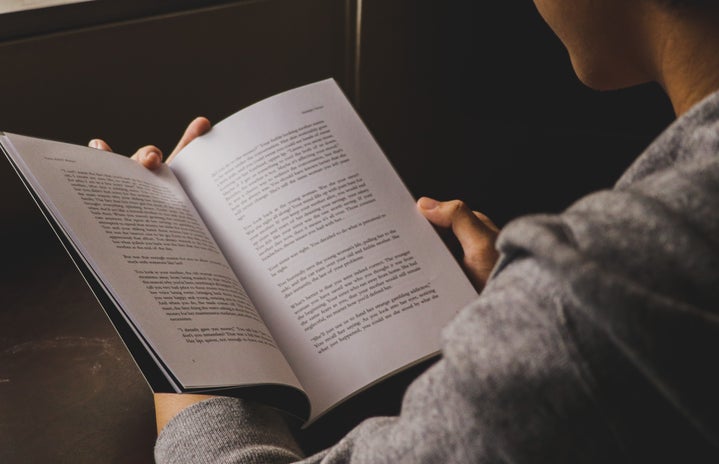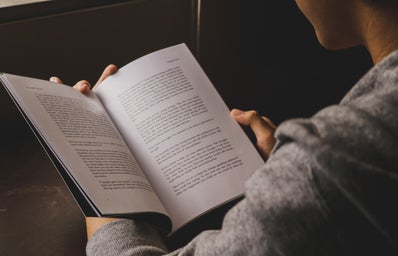In recent years, the fight for gender equality has certainly gained traction as highlighted by social movements such as the need for intersectionality when analyzing feminist discourse, as highlighted by the Black Lives Matter movement, or the disturbing global rise in domestic violence because of the multiple lockdowns during the pandemic. Attention has also been brought to topics such as the underrepresentation of women in politics, the hyper-sexualization of women in advertising and the division of domestic labour. If you’re looking for some educational and inspiring books to educate yourself or motivate you in the fight towards gender equality, here are some of the best feminist books you should be reading.
Entitled by Kate Manne
In this critique by Cornell philosopher, Kate Manne, topics range widely from the Harvey Weinstein and Brett Kavanaugh hearings to the political misfortunes of Elizabeth Warren. Manne’s book discusses how privileged men’s sense of entitlement to sex, bodily autonomy, knowledge, power and more is a pervasive social problem with extremely devastating consequences. Manne goes further to explain how men’s sense of entitlement can lead to harmful attitudes like the under-treatment of women’s pain or even mass shootings by incels. This is an important book I think both men and women need to read as it really puts into perspective how male entitlement is the root cause of many gender inequalities.
Men Explain Things to Me by Rebecca Solnit
In her book, Rebecca Solnit talks about what often goes wrong in conversations between men and women, and brings in some of her own personal experiences of when men wrongly assume they know things while assuming women do not. This book examines writer Virginia Woolf’s embrace of mystery, doubt and ambiguity, a scope of contemporary violence against women and an inquiry into marriage equality.
The Beauty Myth by Naomi Wolf
In this book, Naomi Wolf contends that the “beauty myth” was imposed on women by the mass media in the 1970s as a way to reduce the alarming cultural changes associated with women’s liberation. If women could become preoccupied with makeup, hair and weight loss, they wouldn’t be as much of a threat in the workplace because their minds would be absorbed by how they looked and how hungry they were instead of the work they were doing. This beauty myth culture fostered a sense of self in women that was emotional, anxious and passive, and women who took this to the extreme were filled with self-hatred because they could never live up to these impossible beauty standards. Unfortunately, this book is relatable to many women as we all know women who are, or who have felt miserable from things like wrinkles or cellulite. This is an important book to read and to challenge your thinking.
Overall, these three books are all great reads to empower oneself and dig deeper into feminist issues that still plague our society.


